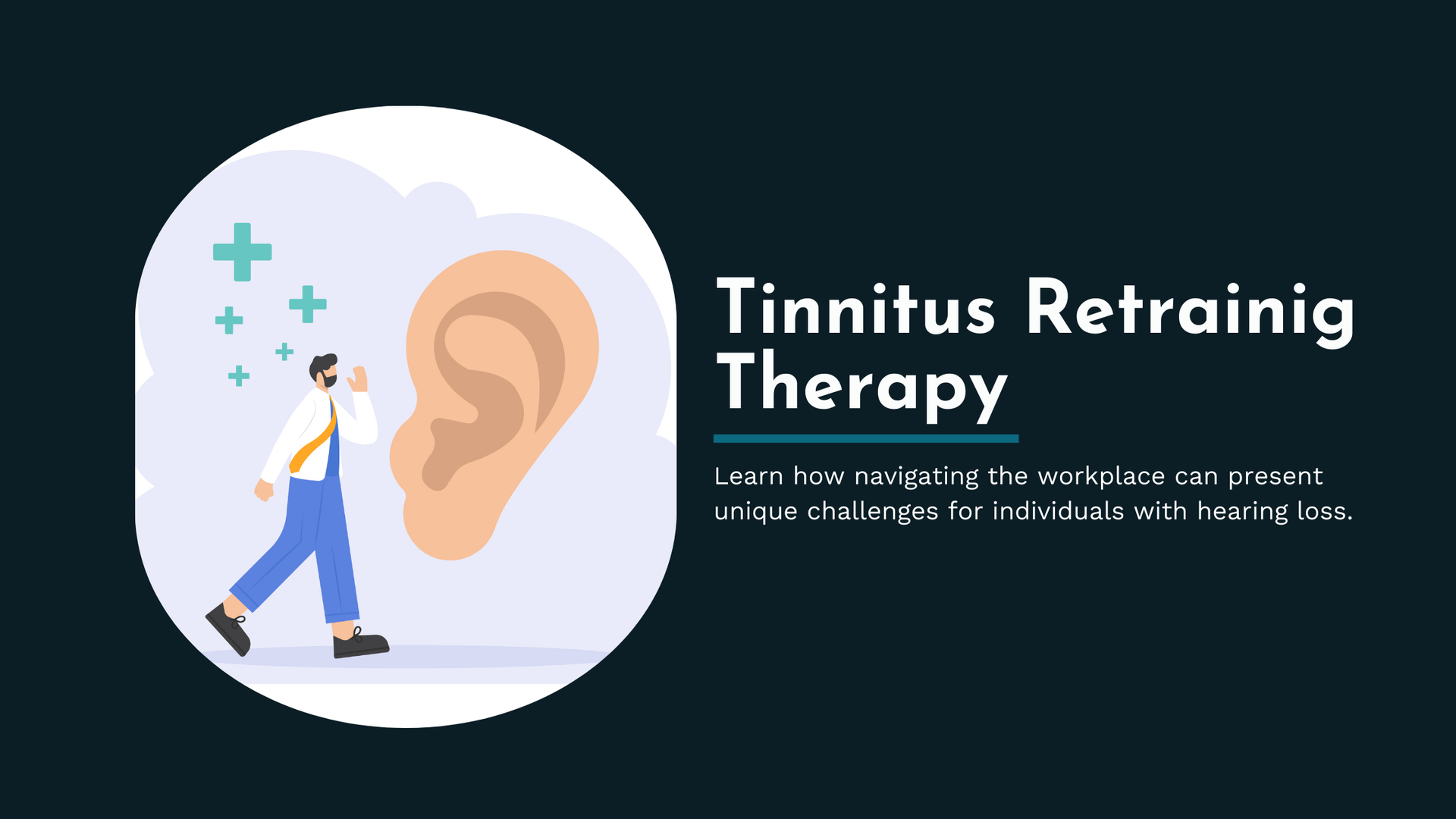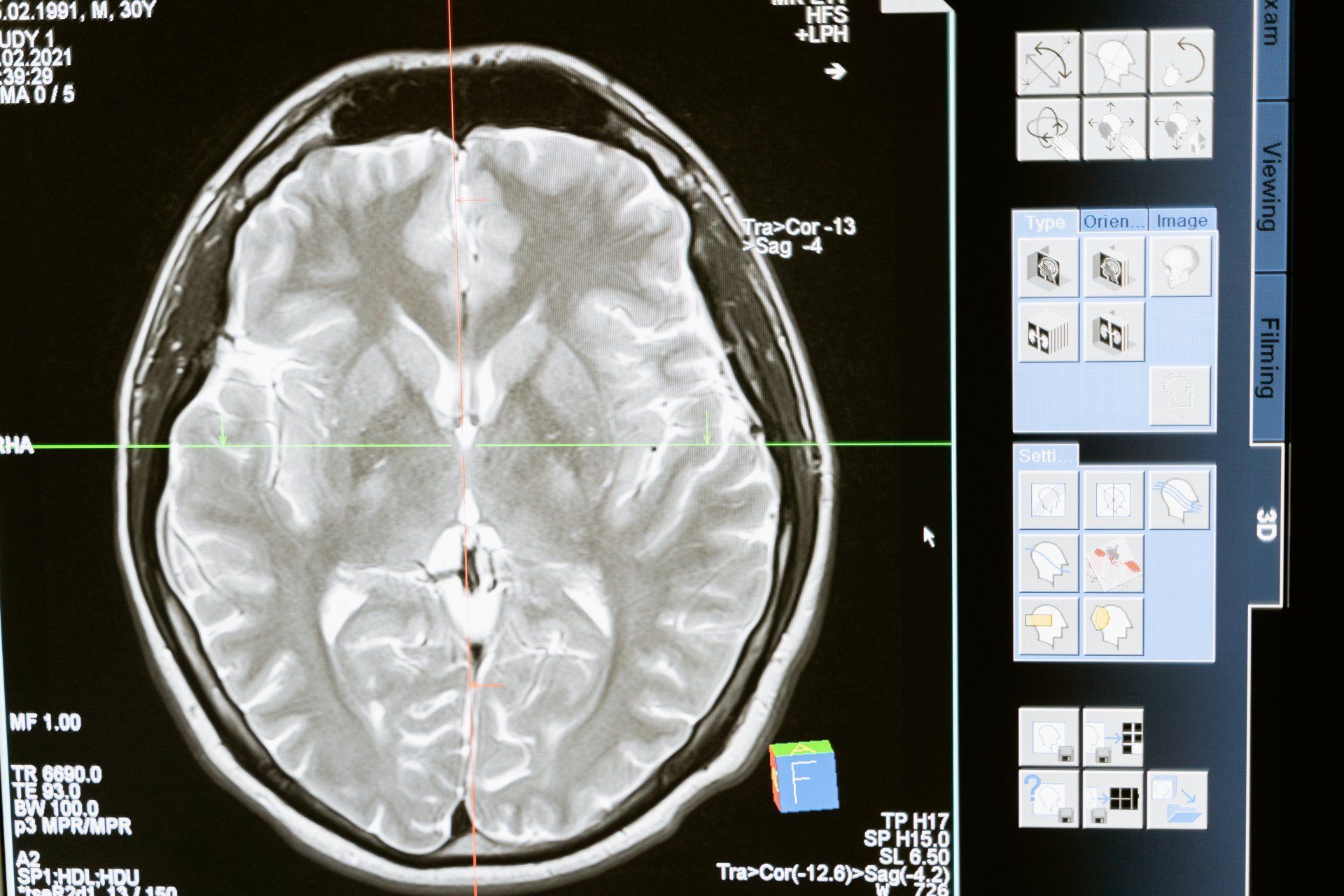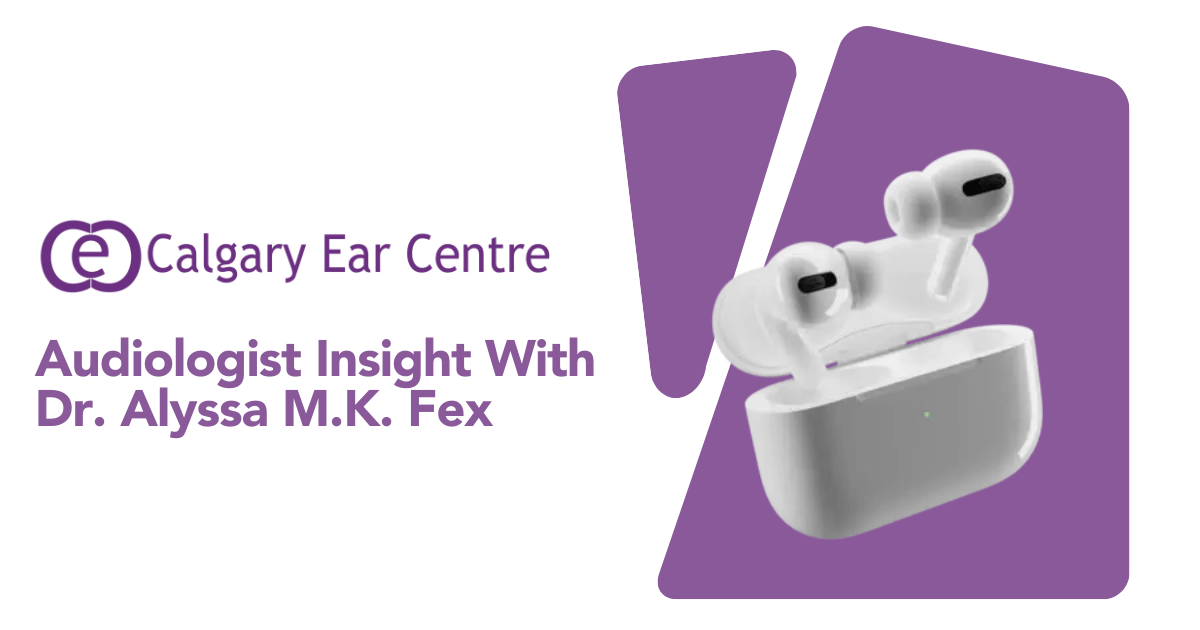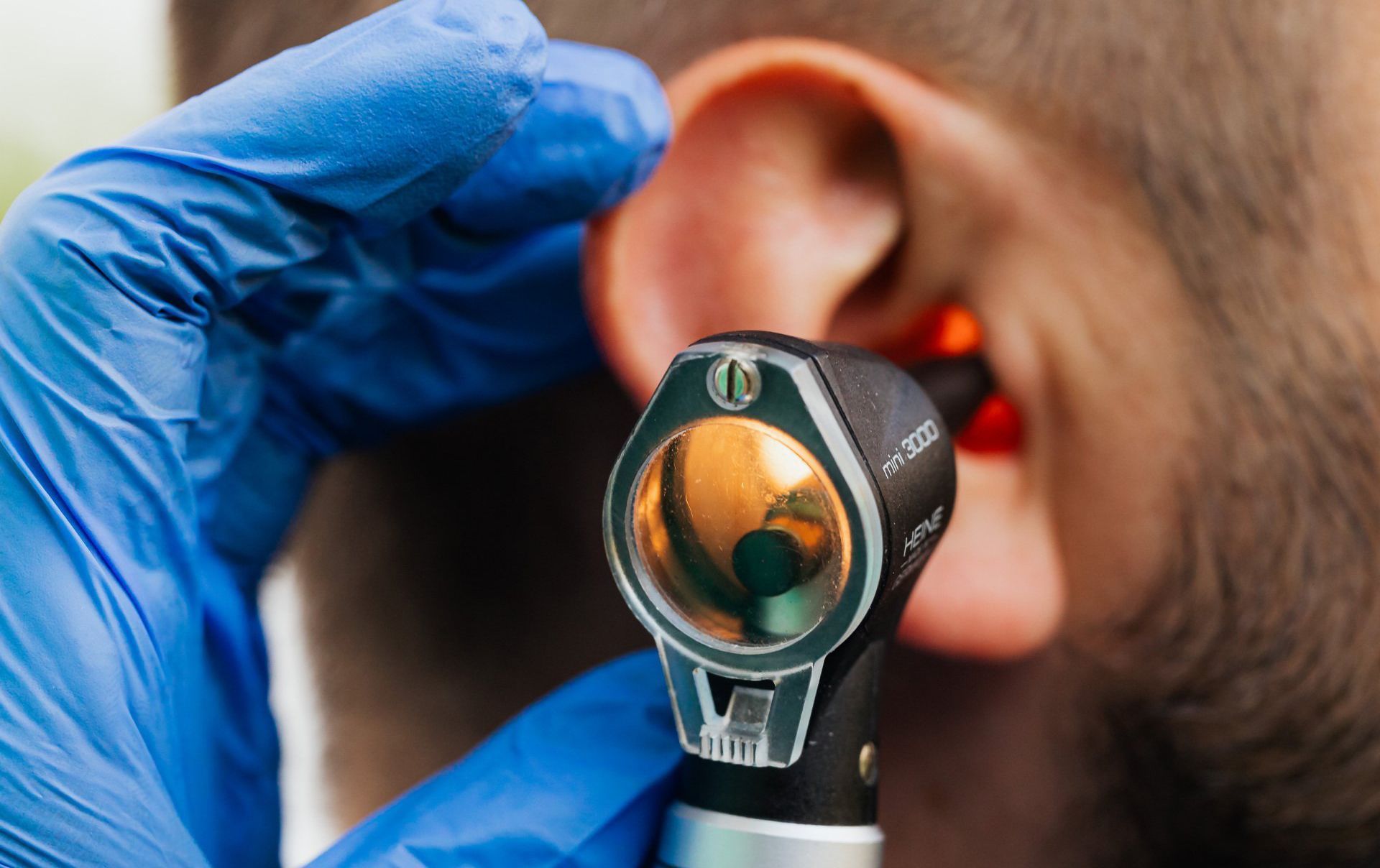Help for Tinnitus
Patients sometimes tell me ‘I have been diagnosed with tinnitus’. While many health issues are confirmed with medical tests, tinnitus is not one of them. Tinnitus is diagnosed from the patient describing that they hear a sound in their head or ears. It is more of an official ‘labelling’ of the symptom, as much as it is a ‘diagnosis’. If you hear sounds in your ears or head, when there is no external source, you have tinnitus. Tinnitus can sound like any number of sounds, described as hissing, crickets, ringing, chirping, static, whooshing, or even music! There may be one sound or a combination, and these sounds can vary in volume and some may come and go with no regular pattern. The tinnitus is often more obvious in quiet, for example when in bed, trying to go to sleep, or when waking up. When there are no other sounds in the room, the tinnitus will stand out and your focus will be drawn to the sound. It is typical that during the day, when we are busy with work or activities, and there are other sounds in the environment, we may be unaware that the tinnitus is there, or perhaps it is much quieter so that it isn’t problematic. Some people have tinnitus that comes and goes for weeks, months or years, then gradually becomes constant over time. Others have had no previous tinnitus, then suddenly it begins, sometimes without explanation. Regardless of how the tinnitus begins, it typically causes some degree of impact on concentration, focus and sleep for some time. After a period of time, the brain adjusts to the ‘new normal’ and the intrusiveness of the tinnitus is reduced. The reduction of the tinnitus impact over time is referred to as ‘habituation’.
If you have tried to describe to a family member, friend or colleague what the tinnitus sounds like, and how it is impacting you, know how challenging that can be. You may also feel dismissed by family and friends who tell you ‘Oh yeah, I have that too, and it doesn’t bother me at all, I just ignore it’, with the implied message being that you are weak or a complainer if you can’t ignore it as well. There are many people who have tinnitus that have no impact on their quality of life, but that doesn’t mean that you are weak for experiencing greater impact from it. Do not judge yourself for needing extra help to learn tools and techniques to manage the impact of the tinnitus on your life, when others you know have adapted more easily. This is not a character flaw, nor a reflection of your abilities in other areas of your life, and it certainly does not mean that you are lacking in some way if you need help learning how to manage this condition.
In your quest to find help, you may have been referred to see and Ear, Nose and Throat (ENT) specialist. Patients often wait for months to see an ENT, hoping that the doctor will give them a pill, or offer them treatment or surgery to rid them of the troublesome tinnitus. Many people share with me that they were hoping the doctor would find the source of the tinnitus and/or hearing loss or that the tinnitus was just from wax build-up or some other treatable condition. There is no medical test that your doctor can send you for to verify that you have tinnitus. It can’t be seen on typical brain scans or on blood tests. While your family and friends may be supportive and to try to understand what you are experiencing, it could be validating for you to have evidence of the tinnitus, based on an objective test.
When the doctor tells you that there is nothing that can be done and that you have to ‘learn to live with it’, the impact of hearing this can be significant. Patients may feel more despondent, anxious and stressed than they did prior to receiving this news. Up until that point, there is the possibility that something medical that might reduce or eliminate the tinnitus. When that hope is taken away, we may feel all sorts of emotions; fear, panic, anger, hopelessness and more, and are left with no suggestions as to what to do next.
What is important to know, is that the impact from tinnitus can be significantly reduced or eliminated. Remember, most people that have tinnitus are not bothered by it. They have habituated naturally, as the brain is meant to do when the environment changes. Our senses alert our brain to the change in the status quo, but after a period of time, the brain stops reminding the brain to continue to focus on the tinnitus, and its presence becomes the ‘new normal’ and fades into the background. If you are having challenges adapting to your new normal, don’t be discouraged. There are professionals trained to promote habituation, even if your brain is resistant. Remain hopeful, and know that tinnitus is a condition that can be helped. Reach out to a professional who has experience managing the effects of tinnitus and improve your quality of life.
Recent Posts











